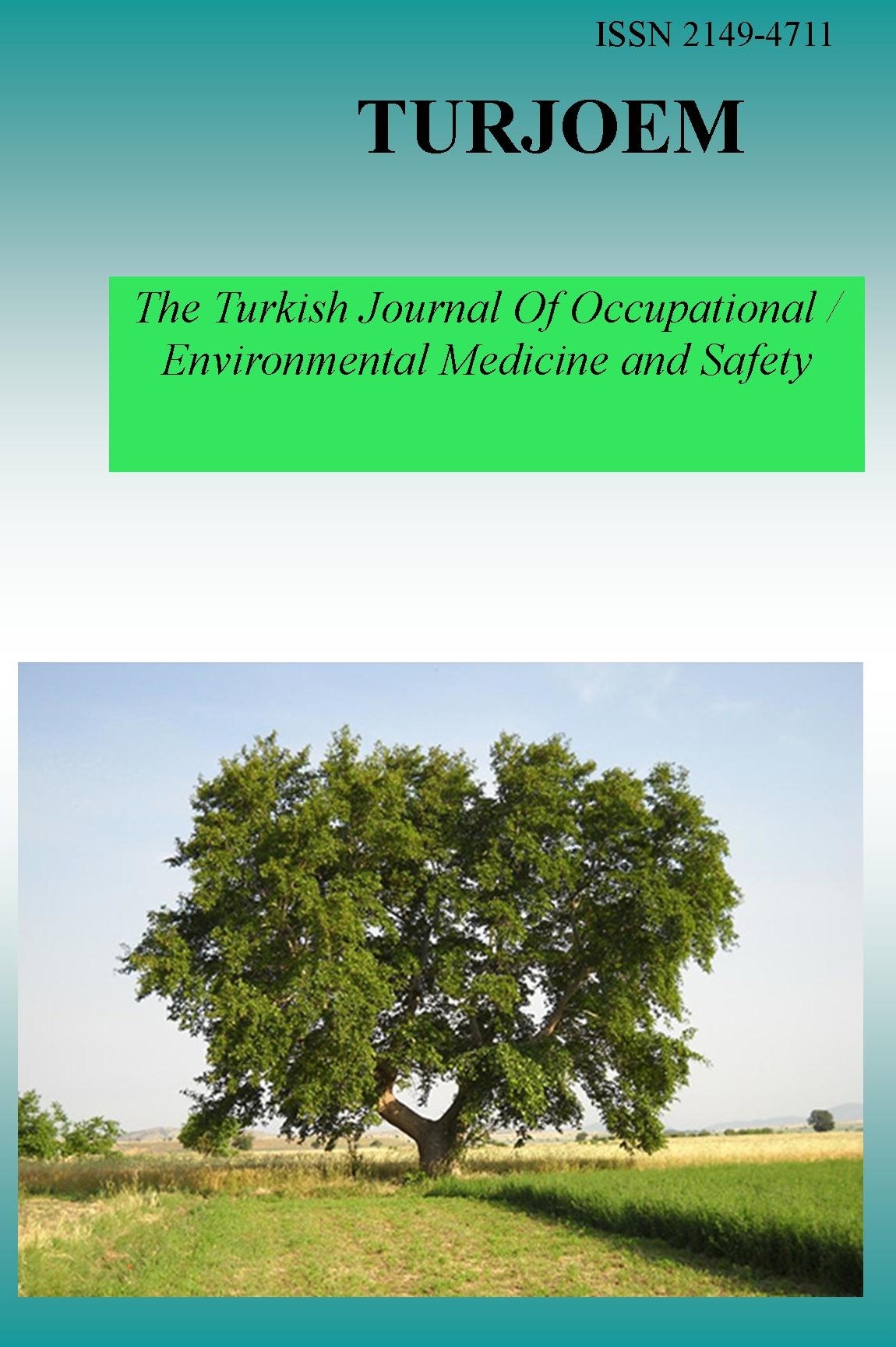Endocrine effects of pesticides
Endocrine effects of pesticides
Endocrine effects of pesticides,
___
- Sevim Sibel Demir, Nazan Akçalı, Muhsin Akbaba Osmaniye Public Health Directorate Adana Public Health Directorate Çukurova University Faculty of Medicine, Department of Public Health
- ISSN: 2149-4711
- Başlangıç: 2015
- Yayıncı: Engin TUTKUN
Volkan Recai ÖTEGEN, Muhsin AKBABA, Ersin NAZLICAN, Hüseyin İLTER, Burak KURT
Talha Kemal Koçak, Aysel Çağlan Karasu Benli
Evaluation of biodegrability of tanned leathers treated with biocide
İhsan YAŞA, Ahmet ASLAN, Bahri BAŞARAN
Molecular identification of mosquito species using DNA barcode analysis
Human Health Effects of Pesticide Residues
Saliha Çelik, Mehmet Gökdeniz, Muhsin Akbaba
The Awareness of the Biocidal is the Students of Faculty of Pharmacy at Erzincan University
Engin KILIÇ, Maide KUYTUL, Sıla ELCİK, Ceylan Aylin YILMAZ, Rabia NALBANT, Kader AKKURT, Ayşenur GÜLER, Betül ÖZER, Nermin Senanur NALBANT, Güler Merve YOLCU, Erol YÜZGÜLLÜ
Pesticides and Environmental Health
Hüseyin İLTER, Mehmet GÖKDENİZ, Muhsin AKBABA
Volkan Recai ÖTEGEN, Muhsin AKBABA, Ersin NAZLICAN, Burak KURT
Tufan NAYİR, Burak KURT, Muhsin AKBABA, Ozan DEMİRÖZER, Asiye UZUN
